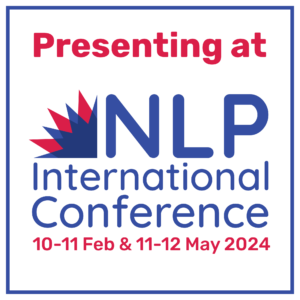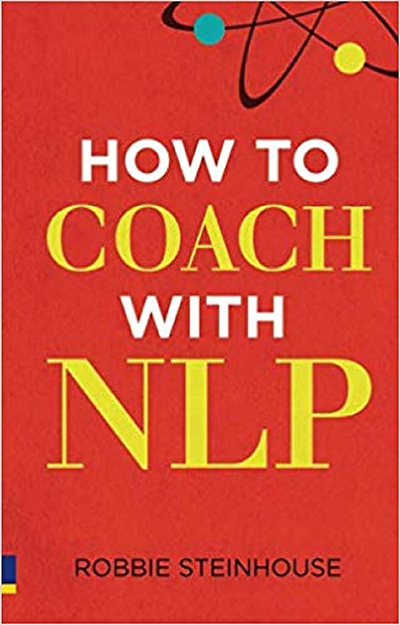How to Gain a Leadership Identity

Are you your job role?
The word identity has multiple possible meanings. It can be perceived as a job role such as an accountant or a marketing manager. However, when you meet people who work in these roles, they often have shifted this skill set to their actual identity, and state ‘I am an accountant’, or ‘I am a marketing manager’. Although this is considered normal behaviour in our society, there are a number of problems with this identification.
Identification creates a bias towards a specific business outlook which makes the later transition into a wider role problematic. People tend to either undervalue or are blindsided by other essential aspects of the business and stick to what they already know. This identification also has earlier roots from the start of our working lives, where working itself had prestige and a way of gaining independence and praise.
The origins of identity
However, I believe these work roles are not one’s true essence – that is far more likely to have be created much earlier in life. Our identity is also the ‘birth’ of our unique and separate sense of self. Birth is always assumed to be the time when the baby comes from the mother’s womb, but for humans there is a second birth. Giraffes and other animals are born with practical abilities, they are able to stand and move away from danger moments after their birth. For humans, however, these abilities take place many months later as we are literally helpless for our first few months on the planet.
A universal story is a baby cries for comfort or food – however at a certain point at about six months after birth, his or her mother’s hormone oxytocin has dropped, so she literally starts to care more for her own wellbeing and simply sleeps through as the baby cries. At that moment the baby’s needs are not tended to and they feel abandoned, alone – this creates a second birth when they learn, often dramatically, that they are not part of their mother, but alone in this world. Sadly, this realisation is created during a time of immense fear: who will protect me? Who will feed me? Who will love me? This second birth of the individual identity is therefore often a traumatic experience where we gain consciousness in an atmosphere of existential distress.
The following day mother has finally had a good night sleep and baby has learnt to self-sooth, perhaps with a blanket or comforter. However, the previous night can lead to far more tragic outcomes for us as humans. So often any significant change of our circumstances challenges our beliefs about ourselves and connects to our identity. That is why people find rejection so hard to endure: it leads to a memory of that original rejection on that fateful night and people will do often the most self-destructive and illogical things to avoid experiencing that pain again. That is why we fear change, especially change of our self-concept.
Embrace change
Returning to the accountant or marketing manager, they likewise confuse a skillset with these archaic feelings of fear when the prospect of a change of role is suggested. Also, the ‘worker part’ of ourselves can also stand in the way of delegation. I have seen a number of people react with apparent horror at the prospect of an empty inbox – their sense of self is threatened by not ‘being busy’ and therefore they don’t put in the effort to delegate effectively and are likely to hold a belief that only they can ‘do it’.
Finally, parents often tell their children to avoid ‘tall flower syndrome’ (daffodils in Holland, poppies in the Australia etc.) or they might get their “heads cut off.” This can literally lead to a belief that leadership is dangerous.
Visualise your future in leadership
To succeed in business a range of abilities are required – but perhaps the first is that of vision: the ability to envisage a desirable and compelling future. Stephen Covey wisely said, “Act or be acted upon.” Many people desire the freedom that leadership might give them, however, before they can lead others, they must firstly lead themselves. In order to do this, I believe they need to become psychologically ‘savvy’ and understand their own unconscious blocks – often this stops this vision from ever being fulfilled. That is why the first step in leadership is to envisage their own transformation, because without that, there will come a point when they will no longer be equipped to lead a business.
I will also be teaching this model on our Leadership Coaching with NLP webinar on 25th August. You can book your place now.
Did you like this post?
Then check out our events and courses!
Where to find us
For posts, events, free open days and more, follow NLP School on:
Where to find Robbie
Twitter: @RSteinhouse
LinkedIn: Robbie Steinhouse
What to read next
Embracing The Many Aspects Of Leadership
The Four Qualities of Leadership










